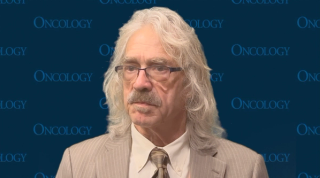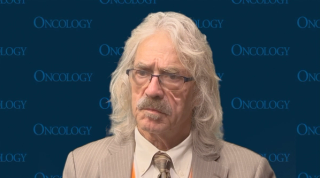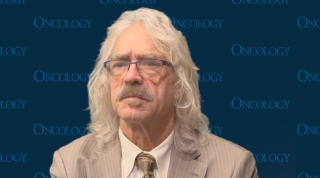
Kidney Cancer
Latest News
Latest Videos

More News

Large international meetings may facilitate conversations regarding disparities of care outside of high-income countries.
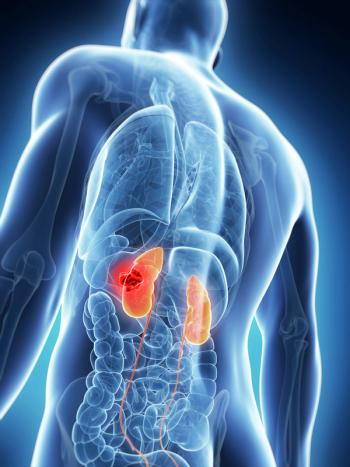
LITESPARK-004 and LITESPARK-005 trial results support the approval of belzutifan in patients with associated localized or advanced clear cell RCC.
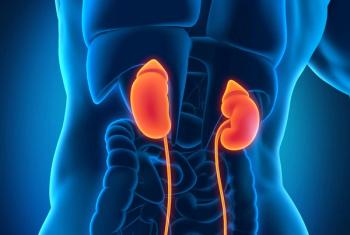
The TiNivo-2 trial found comparable PROs with tivozanib plus nivolumab vs tivozanib monotherapy in advanced clear cell RCC.
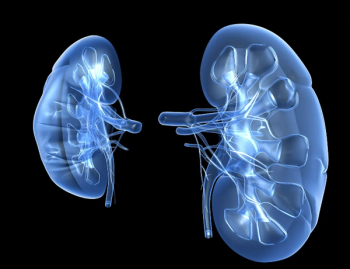
Efficacy results remained consistent with previous reports in the cabozantinib, nivolumab, and ipilimumab arm for patients with advanced renal cell carcinoma.
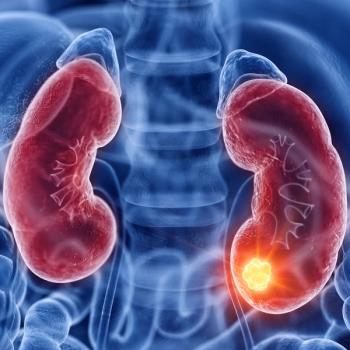
Nivolumab/Cabozantinib Demonstrates Long-Term Efficacy in Advanced RCC
Nivolumab plus cabozantinib yielded a median PFS of 16.4 months compared with 8.3 months from sunitinib alone in the first-line treatment of patients with advanced RCC.

Greater responses were observed in a cohort of patients with renal cell carcinoma receiving lenvatinib plus belzutifan vs pembrolizumab plus lenvatinib.
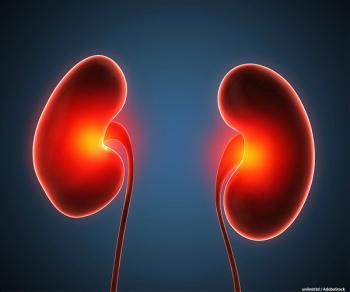
Investigators of a phase 2 study will continue to assess long-term efficacy and quality-of-life outcomes in those who receive lenvatinib/pembrolizumab.

All 9 patients in a phase 1 trial testing a neoantigen-targeting personalized cancer vaccine in renal cell carcinoma had no recurrence at data cutoff.

Expanding and Advancing the Future of Renal Cell Carcinoma Treatment
Eric Jonasch, MD, believes that the Kidney Cancer Research Consortium may broaden their reach to provide care to many different groups of patients.

Using Biopsies to Inform Response Characteristics in Kidney Cancer
Observing changes in the tumor microenvironment before and after a biopsy may elucidate how kidney cancer cells interact with immune cells.

Novel Immunotherapy Trials May Drive Progress in Kidney Cancer Field
Various kidney cancer trials have combined agents such as A2a receptor inhibitors with immunotherapy backbones to potentially improve treatment outcomes.

Kidney Cancer Research Consortium Efforts May Improve Treatment Outcomes
Leveraging novel agents, innovative clinical trial designs, and correlative studies may improve the treatment of patients with kidney cancer.
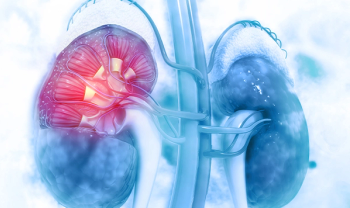
Safety data from the phase 2 LITESPARK-003 trial evaluating belzutifan/cabozantinib in renal cell carcinoma show no treatment-related deaths.

TLX250-CDx elicited a mean sensitivity of 85.5% and a mean specificity of 87.0% in patients with indeterminate renal masses in the phase 3 ZIRCON trial.

The program was brought together to discuss immunotherapy options for non–clear cell RCC in light of emerging clinical trial data and NCCN guidelines.

Kidney Cancer Research Program May Play Pivotal Role in Advancing Care
An “avalanche of funding” has propelled the kidney cancer field forward, says Jason Muhitch, PhD.

Kidney cancer advocacy efforts have spread the urgency and importance of funding research in the field to members of Congress.

Collaboration and Research Funding Advancements in Kidney Cancer Advocacy
Advocacy efforts have yielded a dramatic increase in kidney cancer research, according to Elizabeth P. Henske, MD.

Highlighting Advocacy Impacts on Funding for Kidney Cancer Research
Two oncologists discuss the impact of advocacy in kidney cancer research, highlighting collaboration between researchers, advocates, and physicians.
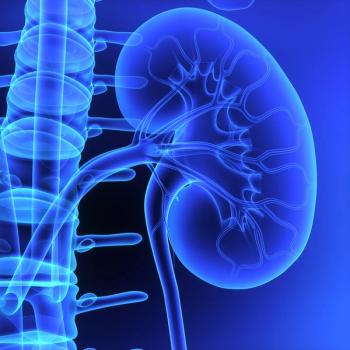
The launch of this pazopanib tablet formulation for patients with RCC or sarcoma is anticipated in the fourth quarter of 2025.

A panel discussed on RCC and the differentiation in the identification and treatment of clear and non-clear cell RCC.

Hereditary Renal Tumor Syndromes and the Use of mTOR Inhibitors
A 47-year-old woman with a history of drug-resistant epilepsy during childhood presented to the emergency department with sudden dyspnea and chest pain. Upon admission, her oxygen saturation was 88%.
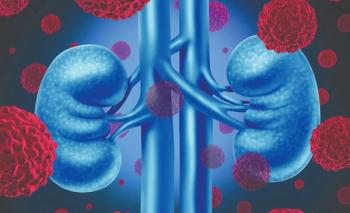
Phase 3 data support benmelstobart/anlotinib as a new potential standard in the frontline treatment of patients with advanced renal cell carcinoma.
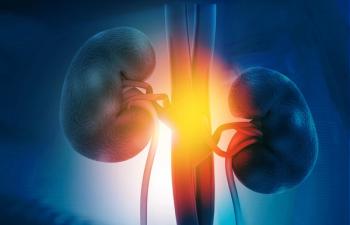
Final analysis data from LITESPARK-005 support belzutifan as a treatment for patients with previously treated advanced clear cell RCC.

Data from LITESPARK-005 establish belzutifan as a treatment option in advanced RCC following prior immune checkpoint and antiangiogenic therapies.







